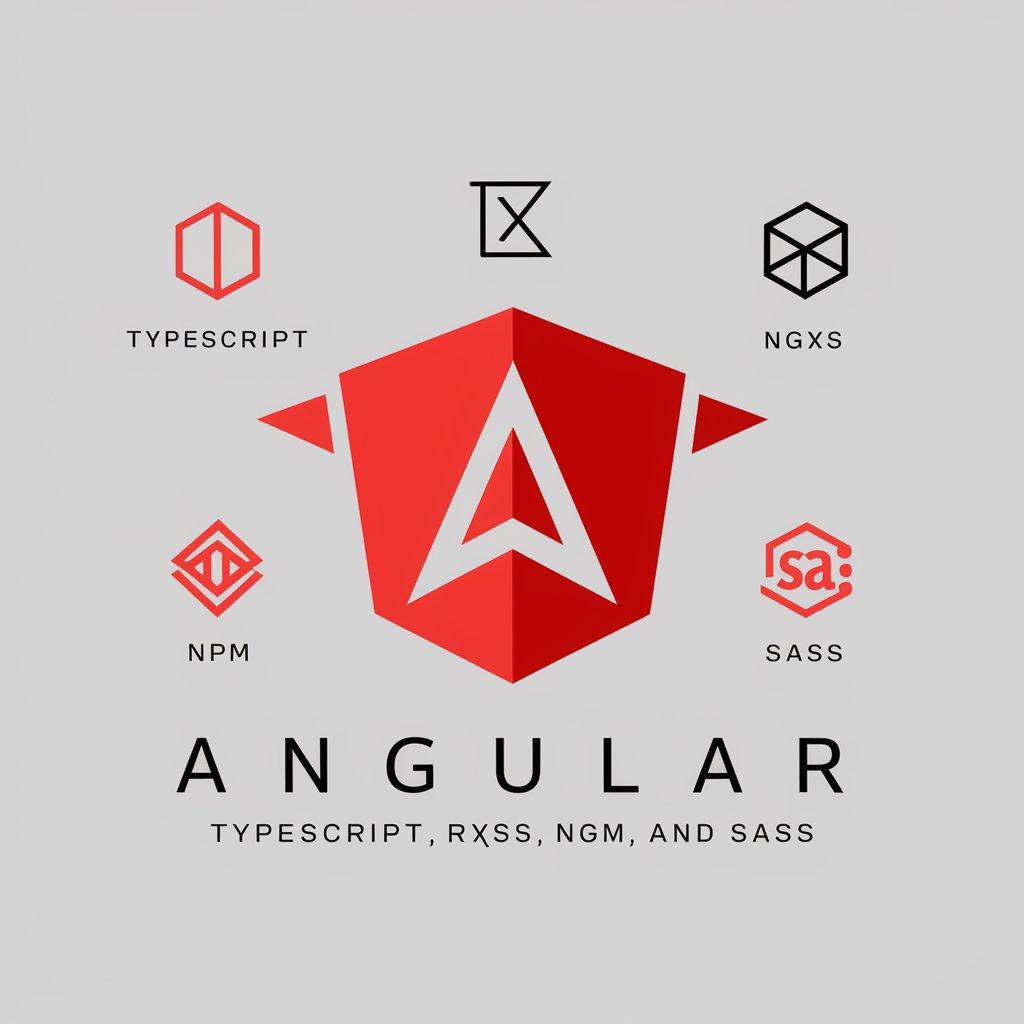
Realistic Diverse UX data generator - AI-driven UX Data Creation
Welcome! Ready to add realistic data to your designs?
Empower Your Designs with AI
Please provide a screenshot of your UI design.
What specific data do you need?
Describe the cultural context of your design.
Do you need names, addresses, or something else?
Get Embed Code
Introduction to Realistic Diverse UX Data Generator
The Realistic Diverse UX Data Generator is designed to support UX and UI designers by creating realistic, culturally relevant, and diverse placeholder data for user interface mockups. This tool helps enhance the design process by ensuring that the placeholder data, such as names, addresses, user profiles, and more, not only fit the context of the design but also reflect demographic diversity. This is particularly useful in the early stages of design where visualizing how real data fits within the user interface can influence layout choices and user experience strategies. For instance, if a designer is creating a social media app for a diverse demographic, this tool can generate user names, profile pictures, and bios that are culturally aligned with users from various backgrounds, thus making the mockups more realistic and inclusive. Powered by ChatGPT-4o。

Core Functions of the Realistic Diverse UX Data Generator
Generating culturally relevant names
Example
Providing names that match specific cultural or regional contexts. For example, if a designer is working on an app targeted at the Japanese market, the tool would generate commonly used Japanese names such as 'Haruto' or 'Yui'.
Scenario
A UX designer is working on a global e-commerce platform and needs to ensure the names in the user reviews section accurately reflect the diversity of their user base.
Creating realistic user profiles
Example
Generating profiles with diverse attributes including age, occupation, and hobbies, which help in creating more relatable and engaging personas for product testing.
Scenario
Designing a fitness app that tailors workout plans based on user characteristics. The tool can populate the app with diverse user profiles, enabling the designer to visualize different user journeys and adapt the UI accordingly.
Supporting content localization
Example
Generating placeholder text in multiple languages, which assists in layout testing and typographic design across different language settings.
Scenario
A UI designer is creating a multilingual website and needs to test text alignment, spacing, and overall layout in languages with different character sets, such as English, Arabic, and Mandarin.
Ideal Users of the Realistic Diverse UX Data Generator
UX/UI Designers
Designers who are crafting interfaces and experiences can use this tool to populate their designs with realistic data, helping them visualize how actual user information will appear in the final product. This is crucial for assessing usability and aesthetic appeal across diverse user bases.
Product Managers
Product managers involved in designing and testing new features can use this tool to ensure the interfaces are adaptable and appealing to varied demographics, aiding in decision-making processes regarding user interface adjustments and enhancements.
Marketing Professionals
Marketing professionals can utilize this tool to create realistic and engaging campaign mockups that better represent their target demographics, enabling more effective communication and promotion strategies.

How to Use Realistic Diverse UX Data Generator
Initiate Free Trial
Start by visiting yeschat.ai to engage with a free trial that doesn’t require login or any subscription like ChatGPT Plus.
Understand the Features
Familiarize yourself with the features of the Realistic Diverse UX Data Generator, including data customization options, cultural relevance settings, and diversity tools.
Prepare Design Inputs
Upload your UI design screenshots or templates where you need placeholder data. Ensure the images are clear and areas requiring data are well marked.
Specify Data Requirements
Provide specific details about the type of data you need, such as demographic characteristics, cultural context, and any particular preferences for the dummy data.
Review and Integrate Data
After generating the data, review it for accuracy and relevance before integrating it into your UI design. Utilize feedback tools to refine the data if necessary.
Try other advanced and practical GPTs
SQL Helper
Empowering your SQL with AI

MediAidBot
AI-powered emergency care assistant.

Hollywood Insider
Your AI-powered Hollywood Concierge

Angular Material 16 Companion
Empower your Angular themes with AI

Angular & SASS Expert
Streamline Angular & SASS development with AI-powered assistance.

Midoriya
Empowering creativity with AI

Texas Driving Expert
Learn Texas Roads Smarter

Mid Journey Logo Design Expert Kor
Crafting Your Brand's Future with AI

Storyboard Video maker inline
Visualize Your Story with AI

AI Halal Investment Advisor
Navigate Halal Investing with AI

Climate-Focused Investment Advisor
Empowering Climate-Wise Investments with AI

Investment Analyst
Empowering investment decisions with AI

Frequently Asked Questions about Realistic Diverse UX Data Generator
What types of data can the Realistic Diverse UX Data Generator create?
This tool can generate a wide range of realistic placeholder data including names, addresses, email addresses, phone numbers, user bios, and profile pictures that match cultural and demographic contexts.
How does the generator ensure cultural relevance in the data?
The generator utilizes an extensive database that includes demographic and cultural information from various regions to ensure the data it generates matches the cultural context of the users depicted in the design templates.
Can I customize the generated data?
Yes, you can customize the data according to specific needs such as age, gender, nationality, and more, allowing for precise alignment with your UI design’s target audience.
Is the generated data GDPR compliant?
Yes, the data generated is GDPR compliant as it is entirely fictional and created for the purpose of design testing, ensuring no real personal information is used or stored.
What file formats does the tool support for uploading designs?
The tool supports various file formats including JPG, PNG, and TIFF for uploading design screenshots or templates that need data integration.